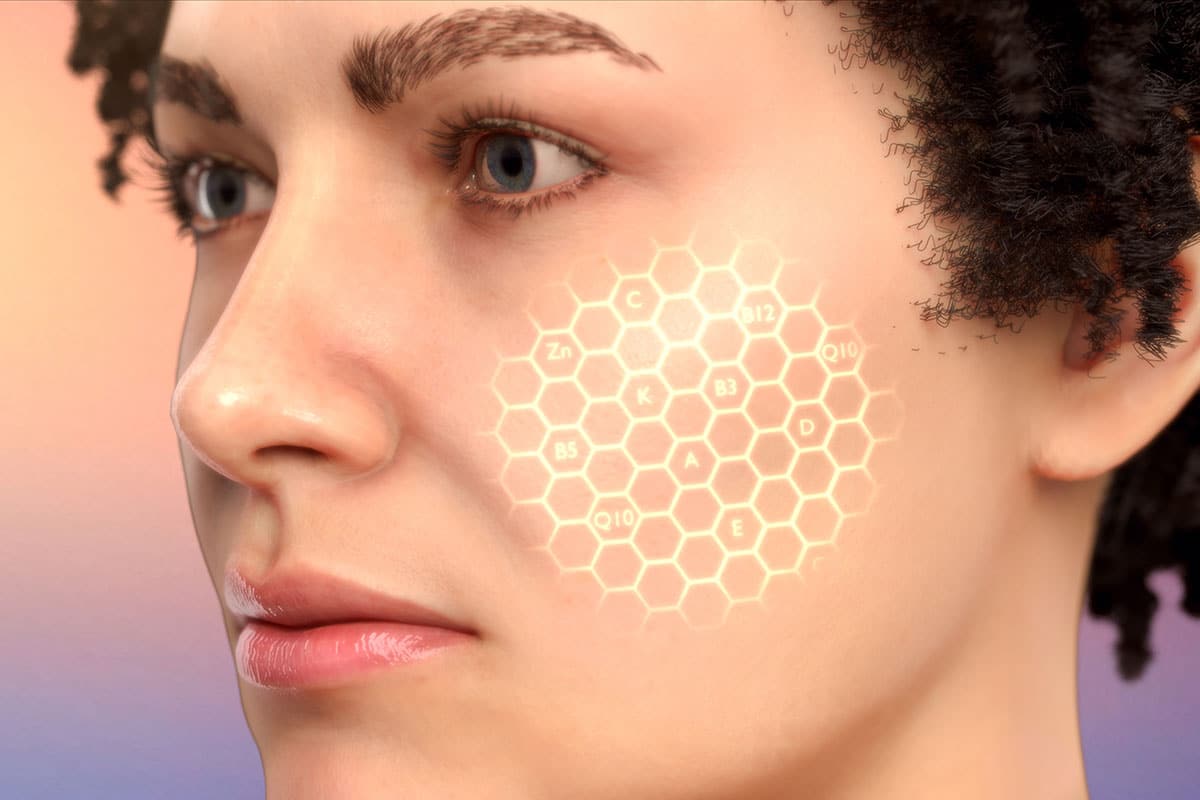Glutathione is an antioxidant resulting from a combination of the amino acids glycine, L-cysteine and L-glutamic acid. Also known as GSH, glutathione is naturally produced in the liver and helps to fight against free radicals. When the quantity of free radicals outnumber the quantity of antioxidants in the body, cells begin to oxidate. When oxidation occurs, blood pressure increases, there is an increased risk of diabetes and the body begins to age physically. Glutathione’s purpose is to help repair and build tissues by stimulating chemical reactions and proteins in the body. It helps to detoxify the body and produce necessary enzymes and hormones for optimal health.
Factors which may influence the body’s glutathione levels include poor nutrition, environmental toxins, and stress, but the most common factor of declining levels of glutathione is progressing age.
Glutathione is active in:
- Metabolizing toxins and cancer causing substances
- Breaking down nutrients for increase immune response
- Repairing and creating DNA
- Produce hormonal effects through proteins
- Activating enzymes
Benefits of Glutathione
When there is an internal imbalance of free radicals and antioxidants, cells undergo oxidative stress. When oxidative levels get too high, the body is at a high risk of developing multiple diseases such as high blood pressure, diabetes, cancer, and arthritis. Glutathione helps to reduce oxidative stress which in turn helps you to reduce your risk of disease.
Impact of glutathione
- Reduce the physical appearance of psoriasis
- Prevent cancer progression
- Repair cell damage of those with fatty liver disease
- Improve insulin resistance
- Increase blood circulation
- Reduce side effects of neurological conditions such as twitching or tremors
- Reduce oxidative stress
- Help control diabetes

